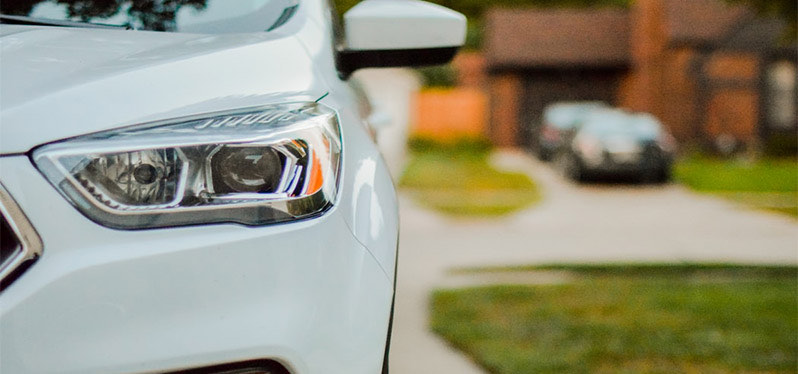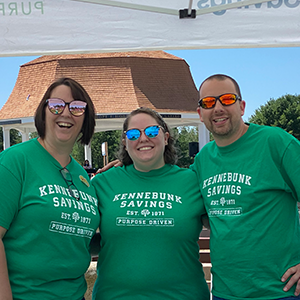
Is my current policy good enough?” It’s a common question for anyone navigating the waters of buying auto insurance. Whether you’re shopping for insurance for yourself or a new driver in the family, the experience can be daunting and generate many questions such as, “What kind of insurance do I need?” and “Who in my family needs it?”
Finding someone you trust who can answer your questions is the toughest part. You need someone with in-depth knowledge who can give you solid guidance. But it’s hard to find an agent that isn’t biased towards selling their particular set of products. To get a policy that meets your needs, Kennebunk Savings Insurance provides an independent, consultative approach so you can understand how your policy responds and what these coverages mean to you.
Types of coverage, defined
We drive a lot. And most of the time, we get where we’re going without being involved in an accident. Because accidents are so rare for individuals, it’s hard to imagine all of the ways a car can either be damaged, or cause damage. “Your insurance agent should have these various scenarios in mind when recommending the right coverages and policies,” says Danny Edgecomb, President, Kennebunk Savings Insurance.
Here are some coverage options that will cover you and your car in various scenarios:
● Liability (Bodily Injury): This covers you if you cause an accident in which someone else is hurt or even worse, killed.
● Property damage coverage: At a minimum, you should have this in case you damage someone else’s property, like a car, building, or home, in an accident.
● Collision coverage: If you run into another car, a brick wall, a fire hydrant or other object, this can cover your car’s repairs.
● Comprehensive coverage: Covers you in case your car is stolen or damaged in ways that do not involve collision such as flood and even a fire in your garage.
● Uninsured/underinsured motorist coverage: If you’re hit by a driver without insurance or adequate auto insurance, you’re covered.
● Med pay (MPC): This primary coverage covers medical expenses you and your passengers incur if injured, regardless of fault.
Why are my rates higher?
Many of us know that, for the most part, if you live in a quiet small town, your rates will be lower than if you lived in a congested large city, where there’s more traffic and more chances for crime. For example, in Maine, with an abundance of rural communities, rates are less expensive, based on statistical evidence such as where crime is happening, how congested are the roads, or if your state has distracted driving laws. However, these rates may not apply in bigger cities, like Portland, where there’s more traffic.
In addition to location, the new technology under the hood also drives rate increases. Today’s cars have backup cameras, sensors and assisted cruise control. A few decades ago, a fender bender merely meant a new bumper. “Nowadays all of that technology needs to be taken apart then reassembled along with a new bumper,” says Edgecomb. That takes more money, time and resources. Coupled with the reasons behind needing that new bumper —like looking down at a phone while driving, getting distracted, and hitting the car in front of you— your rates can increase. (To learn more, be sure to read “Why are car insurance rates so high,”).
Why you need a local, independent insurance agent
As an independent agent, Kennebunk Savings Insurance represents multiple insurance carriers, which means we’re not tied to one insurance company. We can objectively recommend the right policies for our neighbors. We help navigate our customers through the process of selecting their insurance and providing the insight on what their insurance means to them. “We want to ask the right questions, and get to know our customer’s needs so we can provide the best coverage possible,” says Edgecomb.
What’s more, when you work with a local agent, if something does go wrong, you have a friendly face who can help, instead of a random voice on the phone. “We’re part of the community and we have the community’s best interests in mind in tough times and in good times,” adds Edgecomb.
In the market for auto insurance? We’d love to hear from you and get to know your needs. Get in touch!


